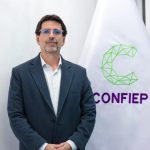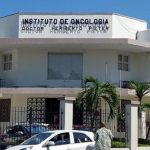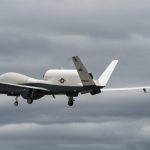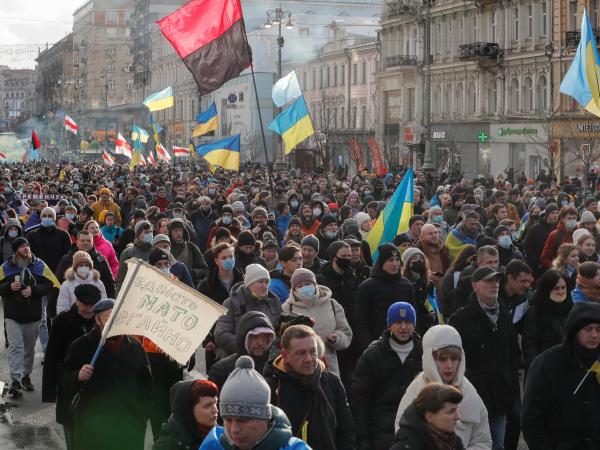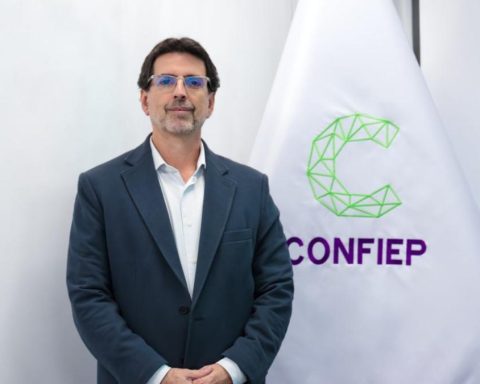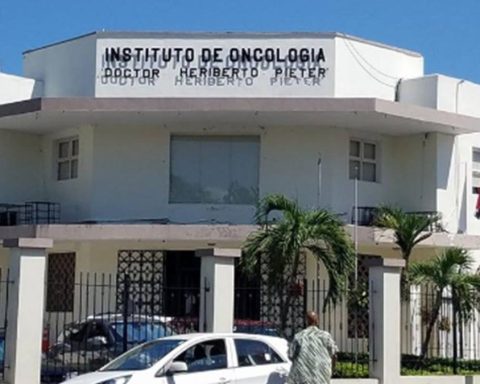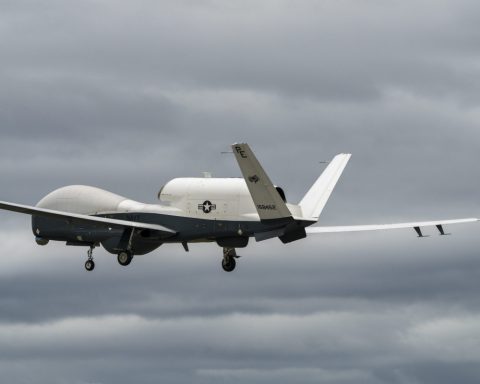
The Colchane First Response Device can no longer receive more immigrants according to the person in charge of this camp, Iván Ribera, “now unfortunately due to the issue of unemployment we have been stuck. The idea is that here people go down to Iquique daily, the day before yesterday we went down to 100 people, yesterday we had to have gone down to 60, we had to have gone down to another lot today, but due to the issue of the paralysis of the highways we are stuck We are at full capacity now in the camp, just waiting for the solution that they can give us so that the roads can be reactivated so that we can begin to return to the flow of people.”
Rivera said families with children have been given priority at the camp. Whose stay in a normal situation could not exceed two days, however with the mobilizations of the carriers these can be lengthened.
You may also like:
This, despite the fact that the entry of irregular migrants through the wetlands of Pisiga Carpa has decreased, compared to previous days, according to the captain of the Army Francisca Messone, “currently the entry of illegal foreign personnel into the country has been much higher in percentage. more diminished than on other dates… signifying in some way a benefit for our country, because people are already understanding the process that must be governed in the issue of migration”.
For migrants, especially Venezuelans, their future is uncertain once they enter Chile, this is because they are aware of the mobilizations of transporters due to the murder of Byron Castillo at the hands of their countrymen. “Due to the death of a Chilean rancher, the roads have been closed and no transport wants to take us anywhere. We are good people, we are not bad people,” said Osvaldo García, a foreigner who was entering the country accompanied by his wife and his two children.
For his part, Leandro Ramírez, a young Venezuelan who entered Chile three days ago, reports that he did not enter the First Response Device, but they also took his self-report and his PCR test, which came out negative. He points out that he has been out of Venezuela for 6 years and is going to Puerto Montt, where his sister is waiting for him and hopes to be able to resume his antiretroviral treatment for HIV that he had to suspend four years ago. “I have no idea how to receive humanitarian aid for my treatment, to regularize my immune issue. With this altitude and hunger I feel very tired, I walk 2 or 3 kilometers and I have to stop because I don’t feel very well, “he said.
The situation in Colchane is becoming a bottleneck, since along with those who self-report, there are also those who cannot take a vehicle to reach Iquique due to roadblocks.
For the mayor of the city, Javier García Choque, this is a situation that is going to become unsustainable if it continues over time.
“The cut off of traffic on the highways produces a lack of basic supplies for our residents, if it is added to the constant number of migrants who are staying in our territory and who no longer fit in the shelters, we have a time bomb that can lead to in a tragedy,” he said.
Total disorientation in the “redirection” process in Colchane
One day after the regulations of the new Migration Law were published, there is total chaos in the Colchane Border Complex, due to the contradictory indications that exist regarding the application of the regulations of the regulations, specifically at the point of the so-called ” reconduction”.
According to some migrants, they were instructed by Carabineros and soldiers stationed at the border to go to the Border Complex to carry out a self-report process, in which those with criminal records would be returned to Bolivia.
However, once they arrived at the Border Complex and after completing some self-reporting processes, the people were removed from it and the complex closed its doors. According to some sources inside the complex, it is due to the fact that Bolivian authorities denied the entry into their country of the migrants who entered Chile irregularly from Bolivia.
Migrants are currently blocking traffic on the international highway, requesting respect for their rights since they cannot leave for Bolivia nor can they travel to Chile.







